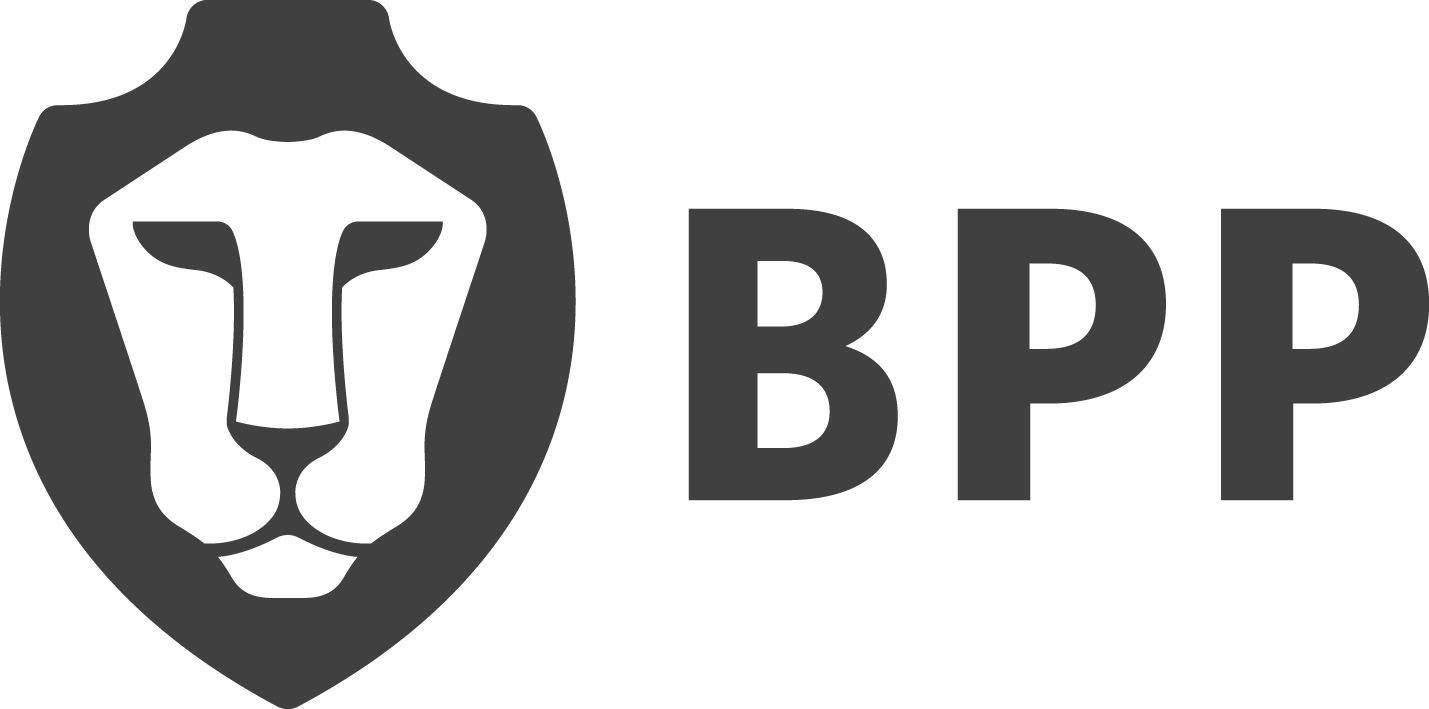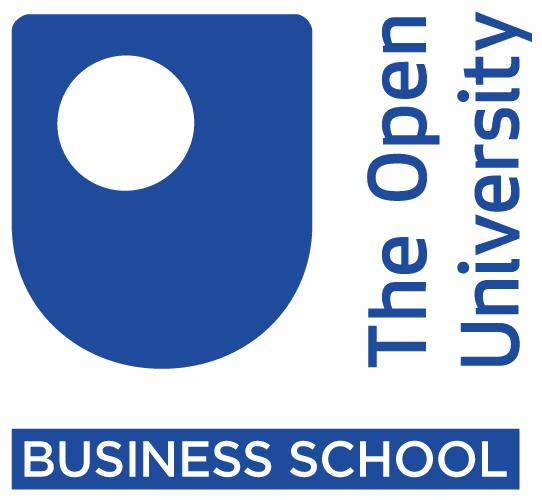From experience in a time of crisis, this is often the hardest hit organisational activity. Organisations must ensure they don’t pause L&D, but continue to invest in skills as the the pandemic coupled with digital transformation means they need to be resilient, adapt to challenges and help employees do the same.
For this, they need new skills. The biggest challenge facing L&D professionals is rebuilding organisations through upskilling and reskilling as skills development has shifted to a ‘need to have’.
This is inevitable given the changing world, cementing the imperative need for professions to have highly tuned people and technical skills for current and future jobs. Grasping future skills research, while understanding the capability gaps by business area, job family or across the organisation is another challenge. L&D managers don’t always have the resource or knowledge to prioritise this agenda, even with its high priority.
Our organisational capability proposition (Capability+) was designed to support employers with exactly this requirement; even though L&D functions do already have a skills strategy of sorts. 65%* say they still need help with that.
BPP provide client-centric consultation services to help the development of their future people strategy, while offering a portfolio of customised programmes to address skill gaps. We maximise client relationships to understand objectives and future workforce plans, to ensure strategies align.
Typical business challenges we support include:
- Identification and priority agenda for a future skills framework
- Solutions orientated programmes to address skills gaps
- End to end capability analysis
We adopt a bespoke consultancy methodology and toolkit, Capability+. Our process helps diagnose skills gaps and training needs across organisations. We utilise innovative skills matrices to identify current and future skills for key roles. Priority skills are heat-mapped for in-depth profiling across roles at all levels, and an employer specific skills report is provided. This recommends training solutions that are identified as high priority throughout the process.
Identifying organisational capability requirements in this way is considered as one of HR Professionals top three priorities for support over the next five years, with over half saying they would engage with experts like us to guide them through the process. An example if featured here.
Through our Capability+ process, we collect market research and intelligence on the changing skills landscape. Our latest research* highlights the following skills:
- Data, digital and technology are much needed as employers continue with their digital transformation journey. The National Data Strategy also reinforces this
- Leading in a digital world also ranks, as leaders need to create organisational cultures that foster innovation and collaboration during complex change
- Customer centricity coupled with design thinking and computational and data driven decision making skills are critical for employers to remain customer focussed
- Continuous learning, developing emotional intelligence and resilience are important skills for employers to help employees manage their mental health, personal effectiveness and productivity
Given the significance of data skills, our Capability+ data skills frameworks, digital maturity and data literacy diagnostics have gained traction too, as employers struggle to define these skills. Our Capability Consultants work with our School of Technology data experts to support employers plug identified gaps through a variety of data programmes - with significant demand for our Data Fundamentals, Data Visualisation, Using Data for Decision Making short courses and Data Apprenticeships (Level 3 – 7).
We also see trends in-line with the changing nature of work; clients request an integrated approach to drive immediately measurable results. Our short courses that address these skills are designed to do just that; enable hands-on learning and provide opportunities to actively apply the knowledge gained direct to the workplace.
How can organisations optimise the value of their L&D investments?
We advise that Capability+ data is best used to focus L&D strategies, ensuring return on programmes is maximised. Our diagnostic tools and heatmapping process provides this output, allowing priority skills to be addressed first, with the highest business impact achieved.
This tailoring is enabled by our approach to short course design; we build programmes based on modularised, connected content that can be sequenced to suit an employer’s needs.
Learning sessions are delivered in bite-sized chunks over several weeks with practical exercises in between. This gives employees the opportunity to put the skills learned back into practice more effectively in their job. Customising courses to their industry sector and/or their own organisation also means that application is more relevant.
Often our clients engage with our Capability+ process to either identify and diagnose skills needs or design a resulting training intervention.
However, this approach isn’t just limited to L&D functions. Employers should keep an open mind and increase buy-in by looking to embed identified skills into their ‘recruitment’, ‘performance’ and ‘talent management’ processes. Further embedding those skills across the full HR lifecycle can provide a competitive edge when buying and building capabilities for the future.
Emma O’Dell is director of client capability at BPP
*Research commissioned by BPP in November 2020 in the UK of 350 HR Professionals across a range of sectors.











